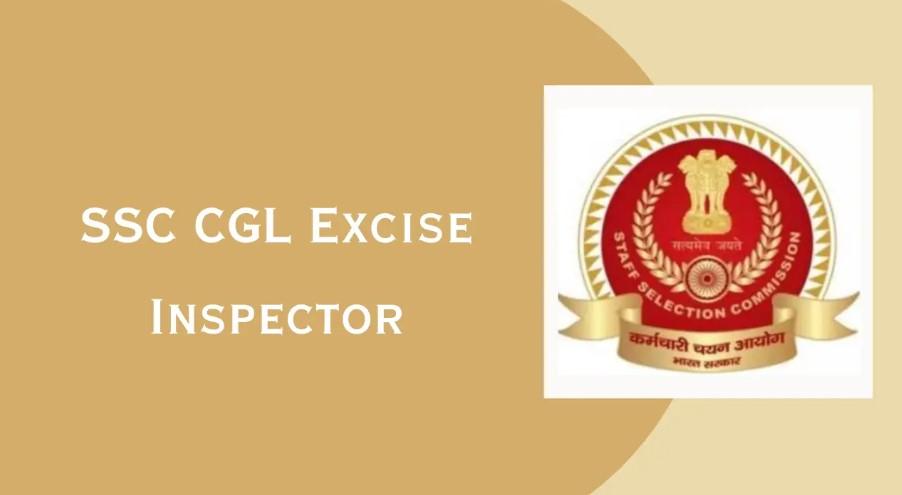The Supreme Court has called the power to order provisional attachment of properties under the Goods and Services Tax (GST) law “draconian in nature”, stressing that such orders cannot be left to the “unguided subjective discretion” of the authorities.

A bench of justices Dhananjaya Y Chandrachud and MR Shah emphasised that every order of provisional attachment must comply with the procedural safeguards and requirement laid down under the GST law concerned.
“The power to order a provisional attachment of the property of the taxable person including a bank account is draconian in nature and the conditions which are prescribed by the statute for a valid exercise of the power must be strictly fulfilled,” said the bench in its verdict on Tuesday.
It pointed out that the consequence of a provisional attachment is serious since it displaces the person whose property is attached from dealing with the property, and where a bank account is attached, it prevents the person from operating the account.

Therefore, the court said, before passing an order of provisional attachment, it is necessary to adhere to the twin conditions: first, allowing the assessee to submit objections to the order of attachment on the ground that the property was or is not liable for attachment and second, give him opportunity to be heard before the order.
According to the bench, the dual procedural safeguards demand strict compliance and an order cannot be passed by simply stating that attachment is necessary for the purpose of protecting the interest of the government revenue without showing a proximate and live nexus to achieving this objective.
The bench was dealing with an appeal by M/s Radha Krishna Industries against the Himachal Pradesh high court’s order of January 1, 2021 dismissing its writ petition against provisional attachment of its properties under the Himachal Pradesh Goods and Service Tax Act, 2017 for tax liability of ₹5.03 crore.
Senior advocate Puneet Bali, appearing for the petitioner, had complained that his client was not given any opportunity of being heard before the coercive order and that the authorities invoked this power without giving substantial reasons.
The top court accepted Bali’s plea while noting that there were similar provisions in statutes passed by different state governments and hence, it was required to be clarified that any order of provisional attachment must comply with both substantive and procedural, embodied in the statute and the rules because the anticipatory attachment is contemplated pending a final demand or liability.

“The exercise of unguided discretion cannot be permissible because it will leave citizens and their legitimate business activities to the peril of arbitrary power. Each of these ingredients must be strictly applied before a provisional attachment on the property of an assesses can be levied,” it held.
The court maintained that the commissioner should pass such orders only when a provisional attachment is necessary for the purpose of protecting the interest of the government revenue and there were cogent and speaking reasons to do so.
In the present case, the bench set aside the order of provisional attachment after holding it violative of the statutory provisions and procedural safeguards.
After the pronouncement of the judgment, justice Chandrachud told Bali: “We hope and expect that our judgment guides GST authorities in all states in these matters.”
Commenting on the verdict, advocate Ayush Jindal told HT: “By entering into an interpretative journey of unravelling the substantive and procedural content of the power of provisional attachment, the Supreme Court shuns the current practice of extortion by the department while applying the draconian provisions under the Act.”














